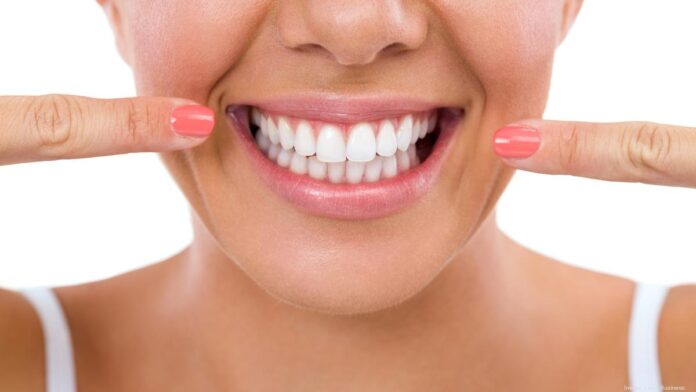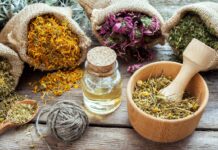Herbs and spices are essential to cooking as they make our dishes a lot more palatable. But aside from making our food tastier, did you know that many of them are also good for our teeth?
Yes, a lot of herbs and spices offer many health benefits (including dental health) due to their antioxidant and anti-inflammatory properties. Read on to find out which herbs and spices can help improve your oral health.
Herbs and Spices That Are Good For Your Teeth
Chances are, you might already have these herbs and spices ready in your kitchen. Here are some of the most flavorful herbs and spices that will also make your teeth stronger:
Garlic
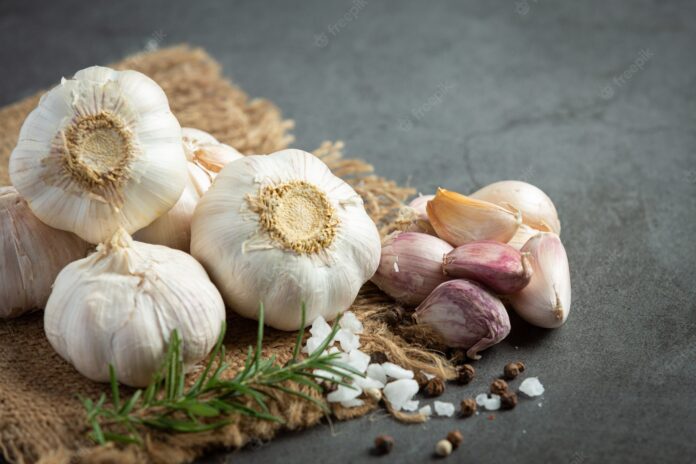
Garlic can make any dish more flavorful and may give you dragon breath if you eat too much, but it’s actually beneficial for your health. It’s a powerful antibacterial, antiviral, and antifungal agent that kills harmful bacteria and protects you against oral infections.
Garlic is present in most cuisines, making it easier to find and add to your diet. You can mince it and add it to your homemade salad dressing or use it as a topping for bruschetta.
Raw garlic provides the most health benefits; however, you should avoid it if you’re going out to meet people since it can make your breath smell.
Turmeric
This popular curry ingredient is also good for your teeth. Recent studies have demonstrated that turmeric has many of the same properties as regular mouthwash and is even more effective.
Pepper
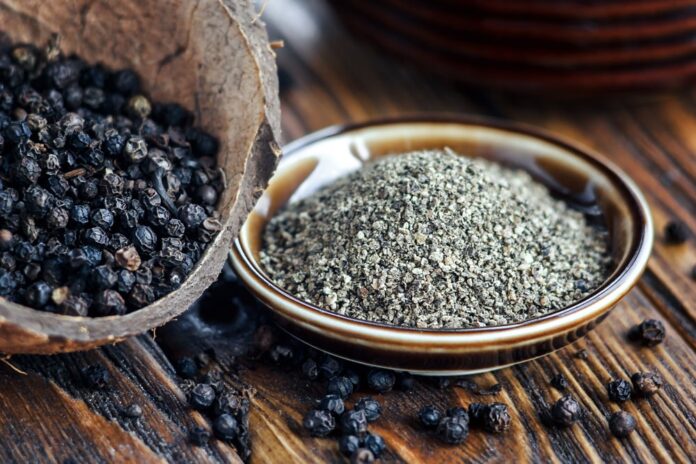
Capsaicin is the chemical compound that gives pepper its spicy flavor. Capsaicin is used as a numbing agent in holistic dentistry. It binds to TRPV1 (“transient receiver potential vanilloid”), desensitizing pain fibers insensitive to painful stimuli.
However, keep in mind that although capsaicin prevents inflammation and reduces pain, there have not been any studies showing its harmful effects. So consume peppers in moderation for best results.
Echinacea
Alakylamides/polyacetylenes, caffeic acid derivatives, and polysaccharides are echinacea’s three major components that increase white blood cell activity and support the immune system. You can use echinacea mouthwash with peppermint oil or menthol, and it’s highly effective against gingivitis and periodontal disease.
Peppermint
Some of the most common herbs used for holistic dentistry are spearmint and peppermint, flavors that often first come to mind when thinking about dental products. It’s common to use peppermint oil or tea to treat gas or indigestion.
Rosemary
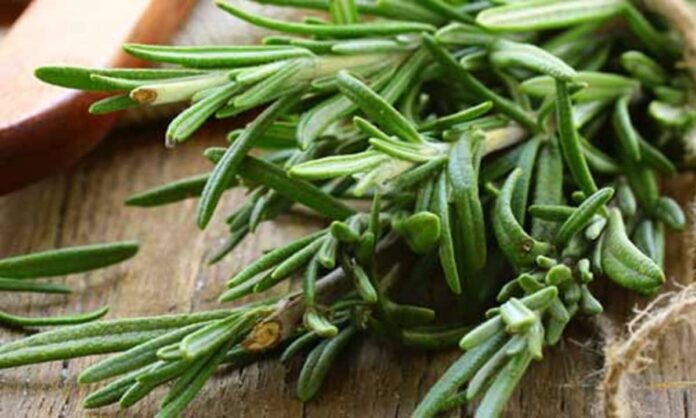
Rosemary is an easy herb to find because many recipes include it, from bread and sauces to salad dressings. They’re also easy to grow at home, giving you a constant supply without constantly buying from the grocery store.
Calcium is one of many nutrients found in rosemary. One tablespoon of rosemary already contains 4.2% of the daily recommended intake, which helps keep your teeth and bones healthy.
Rosemary also has many volatile oils like eucalyptol, potent antibacterial agents for chronic candidiasis that help relax the lungs’ smooth muscles.
Rosemary oil is antibacterial and antifungal, which helps keep the bacteria population in your mouth under control. It also has carnosol, which helps prevent cancer and eradicate food-spoiling bacteria.
Cinnamon
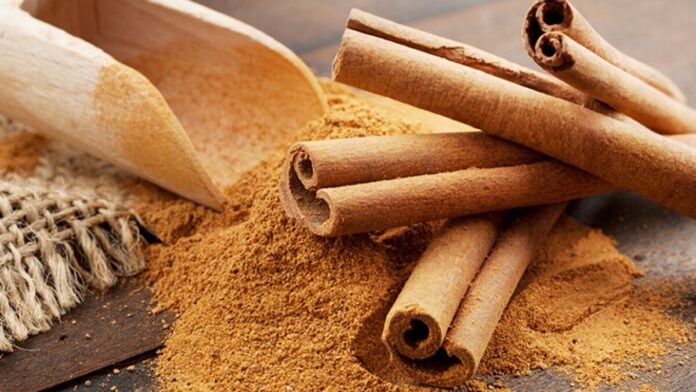
Cinnamon is a great addition to your hot cocoa and can indirectly benefit your teeth. According to research, consuming half a teaspoon of cinnamon powder daily helps control blood sugar levels and reduce sugar and carbohydrate cravings.
Cinnamon is also rich in calcium, which can help strengthen your teeth and bones. It’s also good for sore tissues because of its antibacterial, antiviral, antifungal, and slight anesthetic properties.
However, it would help if you searched for Ceylon cinnamon instead of the powder types available in the grocery store. You’ll find them online or in specialty stores, and you can easily add a teaspoon of it into your granola, oatmeal, smoothies, or yogurt for a bit of spice and sweetness that can help curb your sweet cravings later.
Pros and Cons of Herbs and Spices for Oral Health
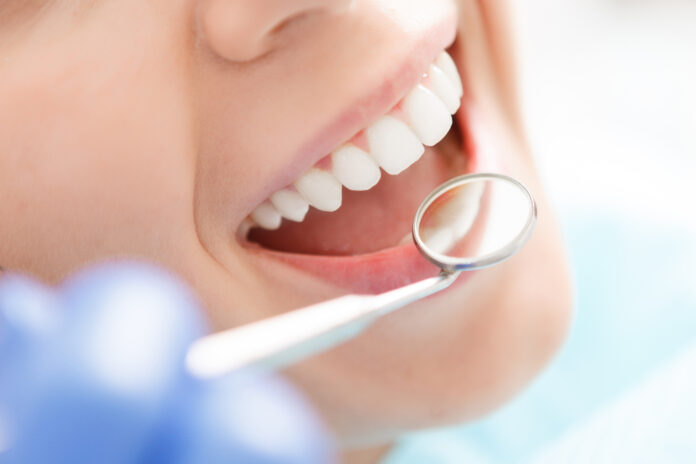
Aside from adding flavor to your favorite dishes, herbs and spices can help improve your oral health. However, they still need more studies to prove their benefits and effectiveness.
According to dentists in Durango CO, it’s best to consider their advantages and disadvantages before adding them to your regular diet or oral care regimen.
Accessibility and Availability
Humans have used herbs and spices for their cooking for thousands of years, and they contain compounds that are useful even in modern medicine, such as antibiotics and phenols. Because of this, we have always had them accessible in many forms and quantities. You can find them anywhere, and they are cheaper than drugs.
High Risk of Toxicities
It’s dangerous to blindly consume herbal medicines and spices because there haven’t been any definitive studies on their potency. Medical professionals and scientists warn that even though something may be inherently edible, it doesn’t necessarily mean it’s free of toxic substances or side effects.
Side Effects

Even though many studies have been done on herbs used as alternative medicine, data and knowledge about their side effects still need to be provided. Ingestion of volatile oils can sometimes help with a particular condition but may also contribute to another.
Key Takeaway
Herbs and spices make our food delicious and exciting. Aside from being good for our taste buds, they are also good for our teeth. Herbs and spices like garlic, peppermint, echinacea, cinnamon, and turmeric have different oral and overall health benefits. However, make sure they are safe for you before trying them out.

